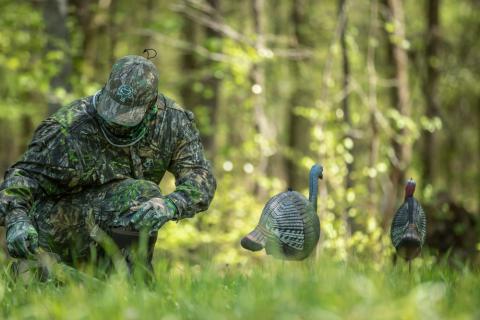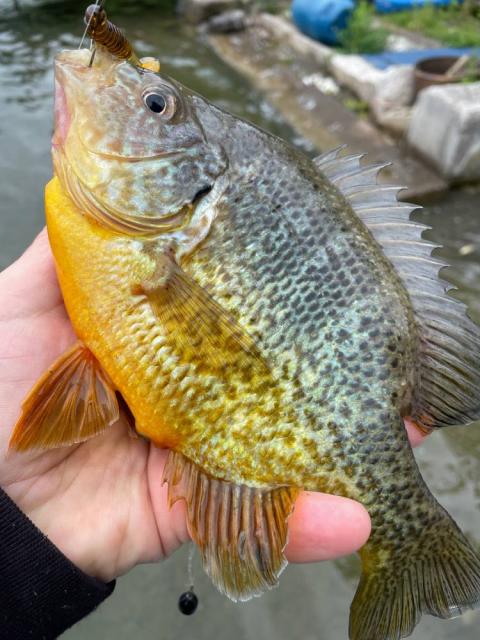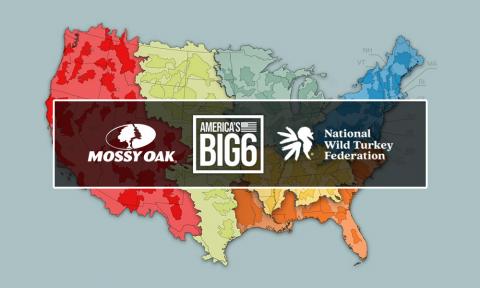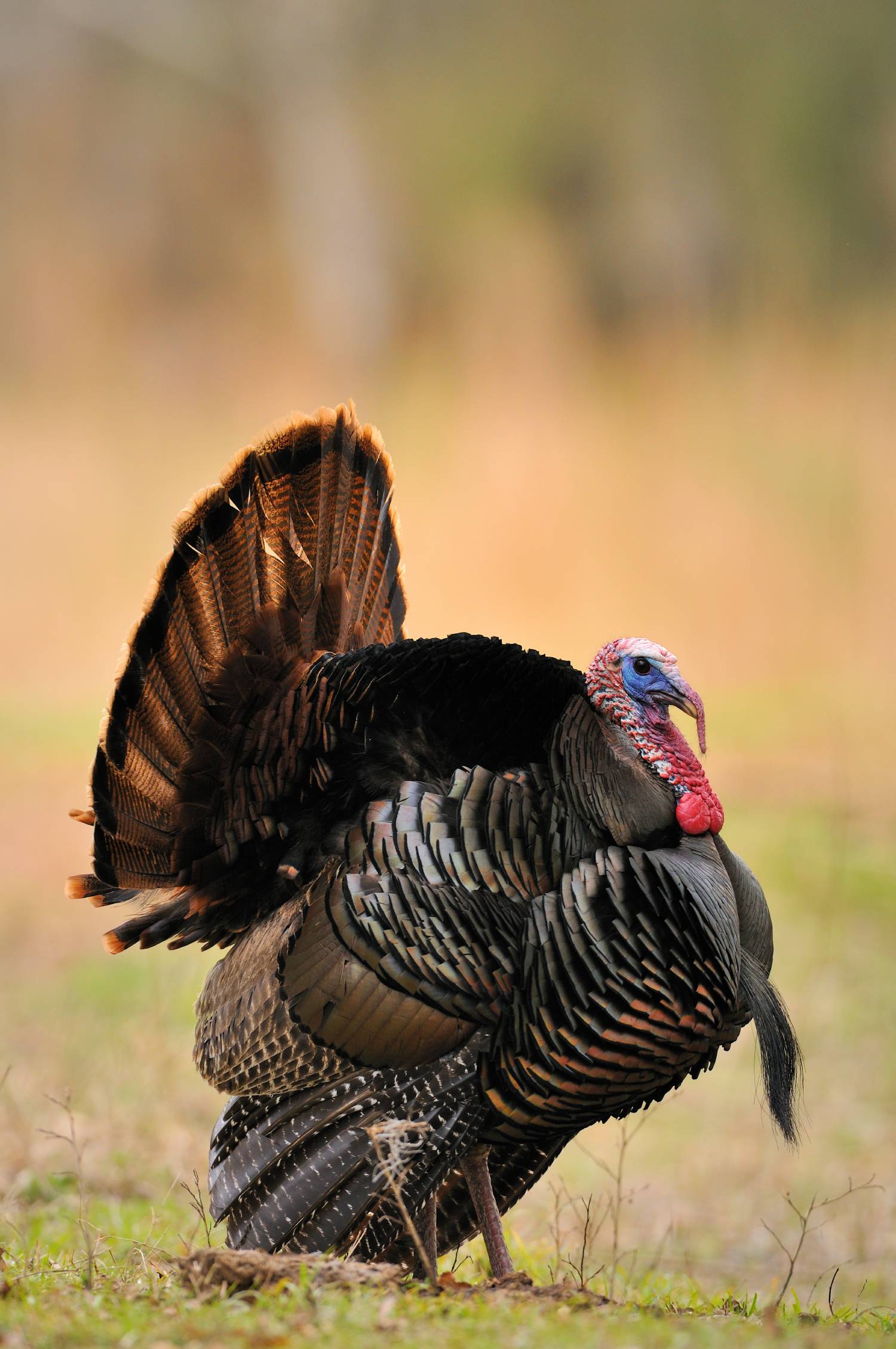Phillip Gentry
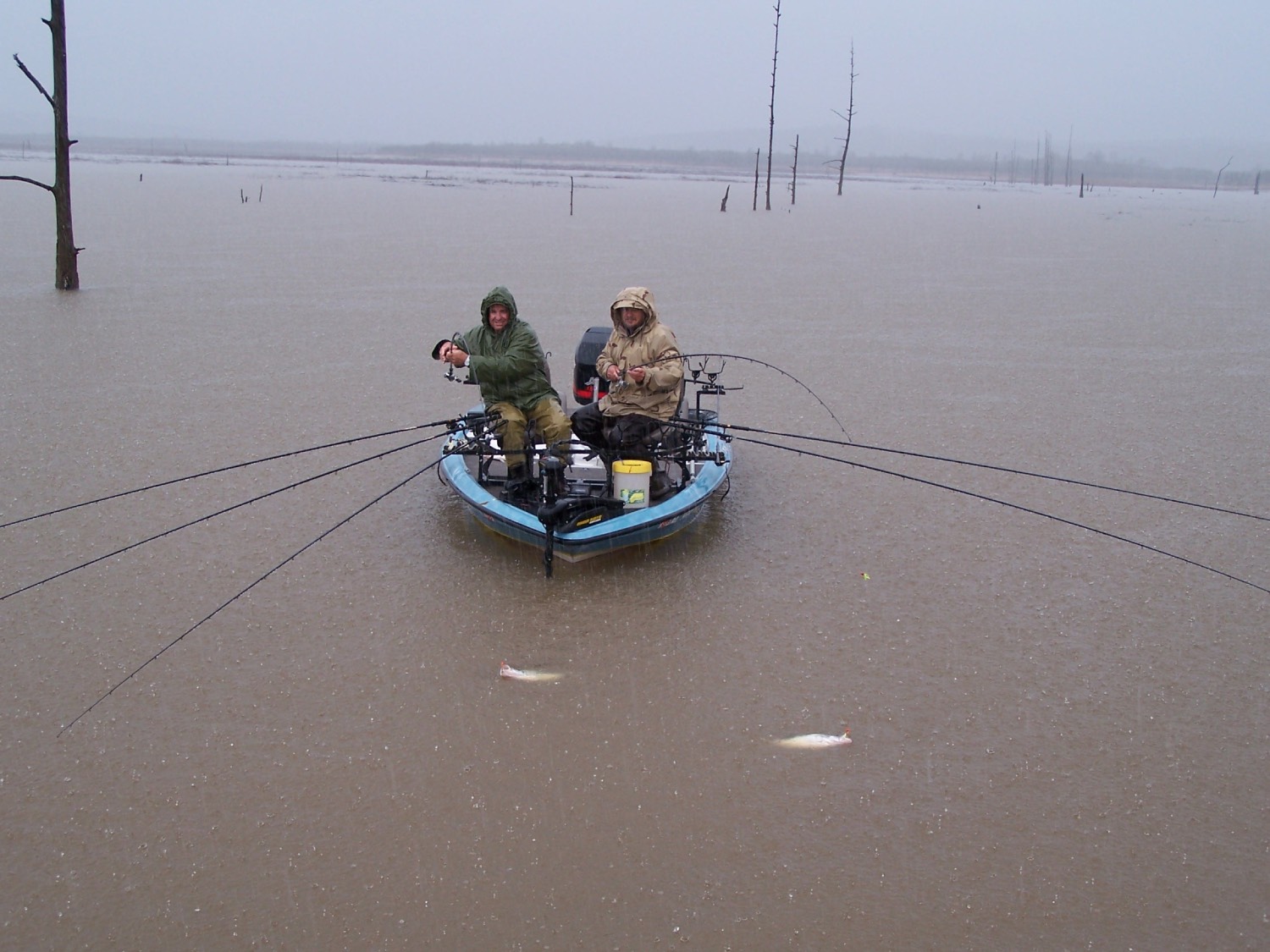
Blaming the weather is one of the oldest excuses for not catching fish known to man. It is the "dog ate my homework" of fishing excuses. How the weather effects fishing patterns could be and has been the focus of several books.
Lurking beneath all the cold fronts, warm fronts, rain, snow, sleet, and wind is barometric pressure. Barometric pressure is the weight of the air, or atmosphere at a given location. Because barometric pressure fluctuates with altitude (higher elevations have less "air" pressing down on them) barometric pressure readings are given at "sea level" in order to calculate the exact barometric pressure, corrections for altitude must be made. Barometric pressure measurements are usually given in both millibars (mb) and inches of Mercury (inHg).
The Effect of Barometric Pressure on Fishing
A normal or steady barometric pressure is 1016 mb or 30 inHg. The normal scale for barometric pressure is from 28.5 to 30.5 inHg. It takes very little change in BP, a few hundredths of an inch either way, to have an effect on fishing activity.
According to the time tested "fisherman's barometer" anything below 29.8 is designated as the low-pressure zone, meaning poor fishing. Above 29.8 is the high-pressure zone, meaning average fishing. The zone between 29.8 and 30.2 is shown as the area for best fishing. This barometer also says that better fishing occurs when the barometer is rising than when it is falling.
Veteran anglers would agree that most every species of fish are more active when the barometer is steady or only slightly changing. The day before, up until a few hours before, a low-pressure front hits, will often produce better fishing. Afterwards the angler should allow a day or two for fish to adjust to rising pressure to find active fish.
Fish that inhabit deep water, greater than 33 feet often do not seem to be as susceptible to barometric pressure changes as other freshwater fish. Perhaps this is because barometric pressure has more effect on shallow water than deep water. With water pressure being much greater than air pressure, the laws of Physics indicate the weight of an additional atmosphere is added with every 33 feet of water.
Although very little research has been done on the underwater effects of barometric pressure, a little common sense would suggest that higher than normal barometric pressures would put some fish in deeper water to compensate for the effects of additional air pressure.
Read More: BASS FISHING STRATEGIES FOR MUDDY WATER
What may have more effect on fishing than the actual barometric pressure is the preceding "change" in pressure. Rising barometric pressures are associated with clearing or improving skies and falling barometric pressures are associated with cloudy skies and impending rain or storms.
Clearing bluebird skies after a storm front (rapidly rising BP) has always been associated with poor fishing. In contrast, cloudy skies not only means less light penetration but a slowly falling BP will make fish more active. Either extreme of either high or low BP or a rapid spike up or down will generally put fish in a negative mood. At these times, deeper and slower presentations while relying on impulse bites rather than a feeding response is the best way to catch fish.
Fishing in High Rain or Wind
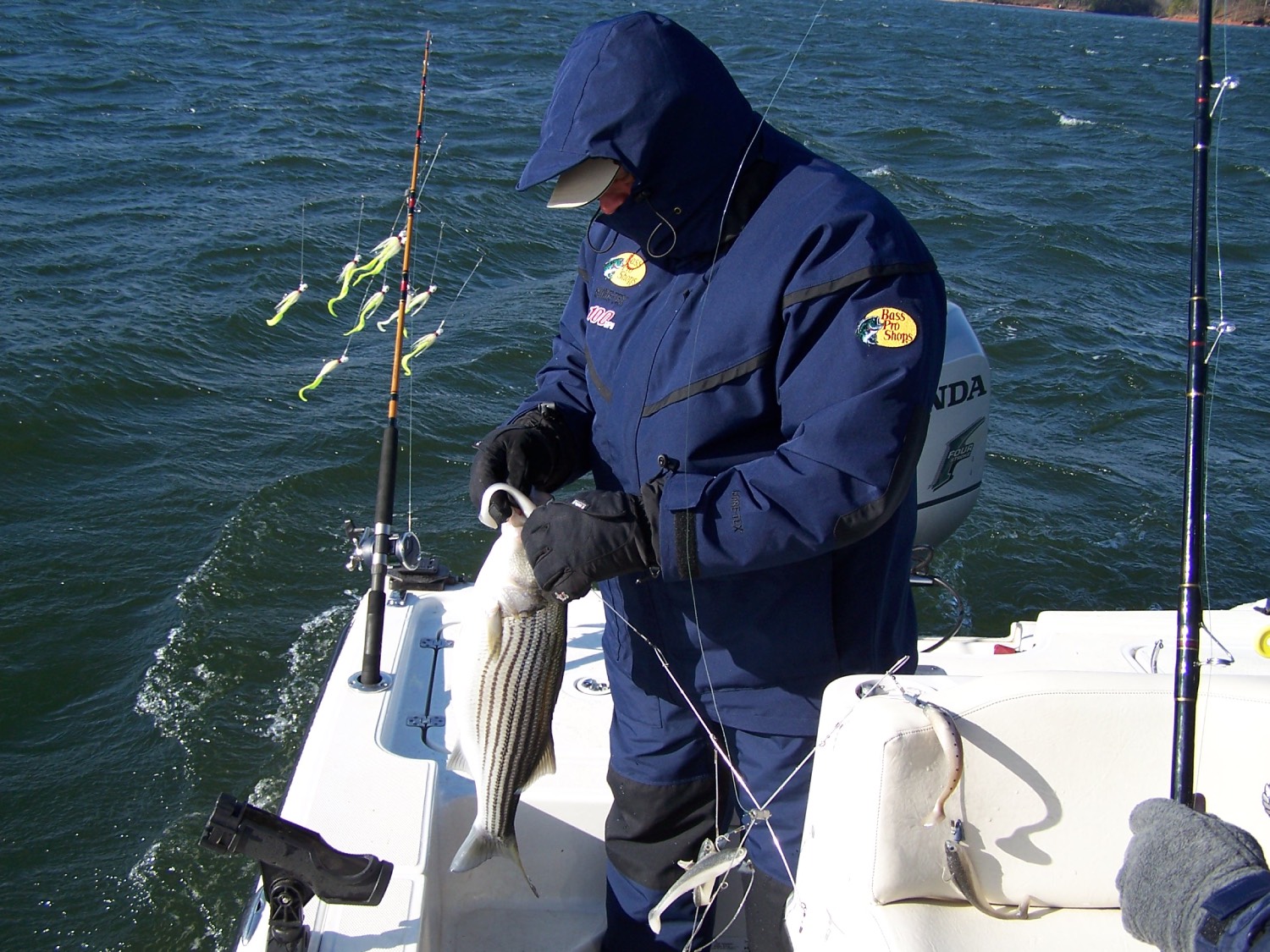
Opinions vary widely on the effects of wind that follows changing Barometric pressure on fishing. While some anglers claim that they prefer windy conditions to stir up baitfish and diffuse light penetration (both strong factors in favor of good fishing) others complain that boat control, line sensitivity and bait presentations are more difficult when a strong wind is blowing.
Like wind, rain has more bearing on the fisherman than the fish. Rainfall is generally associated with falling barometric pressure. If the barometric pressure is exceedingly low then fish activity can be curtailed. A gradually dropping BP accompanied by cloudy skies and light rain can be ideal conditions for fishing.
Of course, it's best to consider all the other variables that affect fish activity before making a decision based solely on whether or not the forecast calls for rain. Advancements in rain gear available on the market today can actually make fishing in anything less than a full gale quite comfortable.
Extended periods of rain that have an effect on water levels, clarity, and water temperature is a different matter. Rainfall can increase water flow which generally has a positive effect on fishing activity even if it means water becomes murky or dinghy.
Another factor to bear in mind is that BP changes will have more effect on post spawn fish than during the pre-spawn and spawn. It has been suggested that once the spawning urge takes over, other environmental factors take a back seat.















